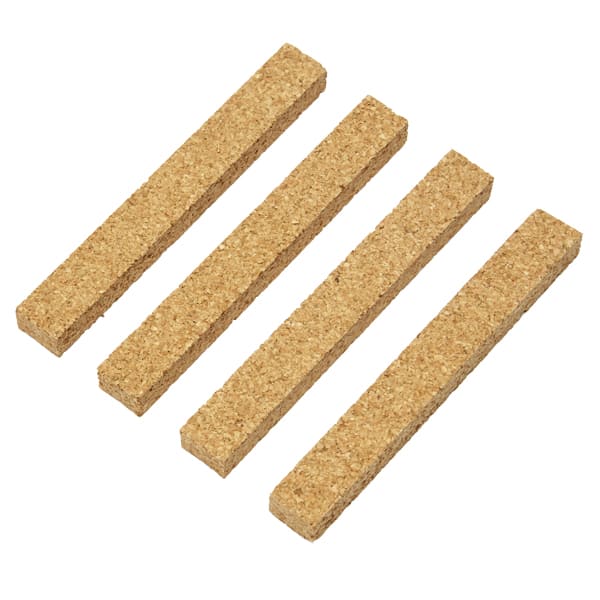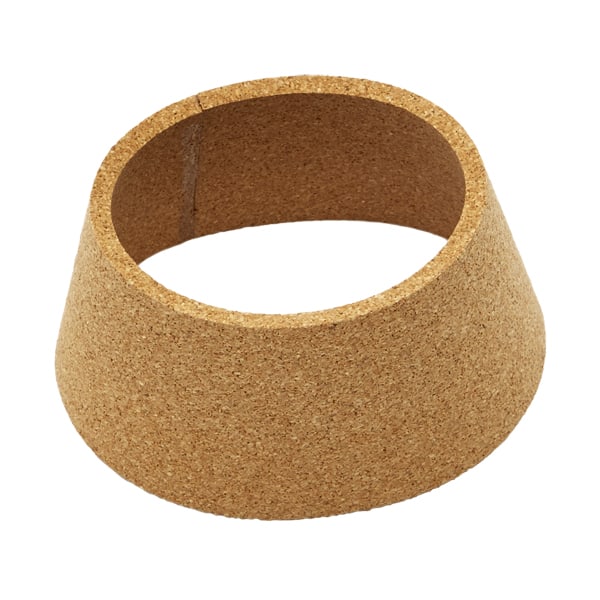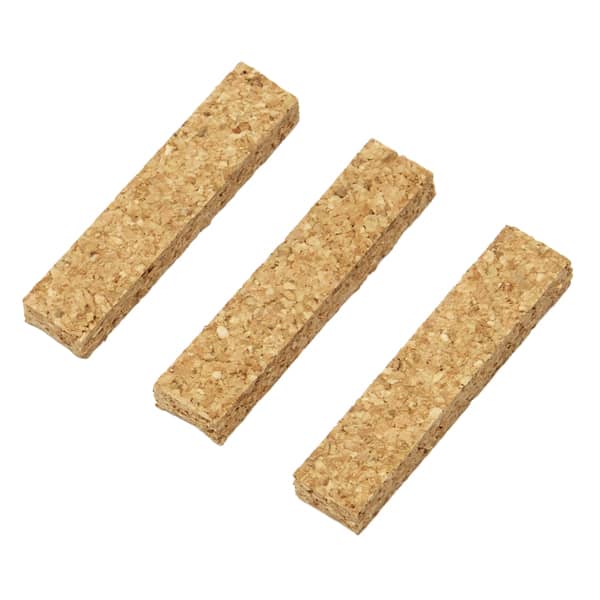

One of the most curiously satisfying programmes on British television at the moment is ‘The Repair Shop’.
The premise is simple.
People bring a much loved possession, somewhat battered and broken, to a bucolic looking thatched barn where some very nice (if ever so slightly oddball) craftsmen and women set about restoring it to former glory employing time consuming skills and archaic tools that belong to a different era of ‘hands-on’ work.
Back to life
In an age of flat pack IKEA furniture, digital clocks and cheap knock-off fashion items, it is balm to the soul to see an old childhood toy (and the memories it triggers) brought back to life.
The series has yet to see a middle aged couple (they all seem of a ‘certain’ age as the producers must have known that only thing a teenager would feel should be repaired would be the cracked screen of a smart phone) bring in an old cornet once played by Harry Mortimer to be revived like Lazarus, but there has been a set of bagpipes and an old harmonium.
Comforting
Still, there is something deliciously comforting watching craftsmanship in action, and a reminder that a return to a ‘make do and mend’ rather than ‘buy now, use immediately and throw away later’ way of thinking could well save you and your band quite a bit money.
The series has yet to see a middle aged couple (they all seem of a ‘certain’ age as the producers must have known that only thing a teenager would feel should be repaired would be the cracked screen of a smart phone) bring in an old cornet once played by Harry Mortimer to be revived like Lazarus, but there has been a set of bagpipes and an old harmonium.

The skill of re-corking mutes is not a bad place to start either.
So why not raid the toolbox for a sharp Stanley knife, some fine glass paper and high quality contact glue and take your time in becoming something of a Jay Blades?
Rewarding feeling
It is an immensely rewarding feeling and will certainly stop your band amassing a cupboard full (and all bands have them) of neglected orphan mutes that look like an old Victorian shop of horrors.
And forget about trying to make your own by cutting up old wine bottle corks or notice boards, as Denis Wick has a series of mute cork sets that do just the job – from cornet to tuba - ‘o’ rings for mute-tops to cork fingers for the sides.
It is an immensely rewarding feeling and will certainly stop your band amassing a cupboard full (and all bands have them) of neglected orphan mutes that look like an old Victorian shop of horrors.
Prices vary a little, but most of the packs come in at around the £4.00 - £8.00 mark.
That may seem expensive at first glance, but given you may have spent upward of £40.00 plus all the way to £200 and more for a single mute then it is well worth it. They can either be bought on-line or direct from retailers.

Thick, robust and durable, they have already been shaped and grooved, so all that is required is for you to follow correct advice (and there is plenty on the internet from reputable sources) and get to work.
Take your time
Take your time and you’ll find it both therapeutic and potentially money saving.
However, a successful restoration of a set of cornet mutes will not give you the green light to try and restore your mother-in-law’s 200 year old Grandfather clock…
Leave that one to the experts at the Repair Shop…
Iwan Fox









